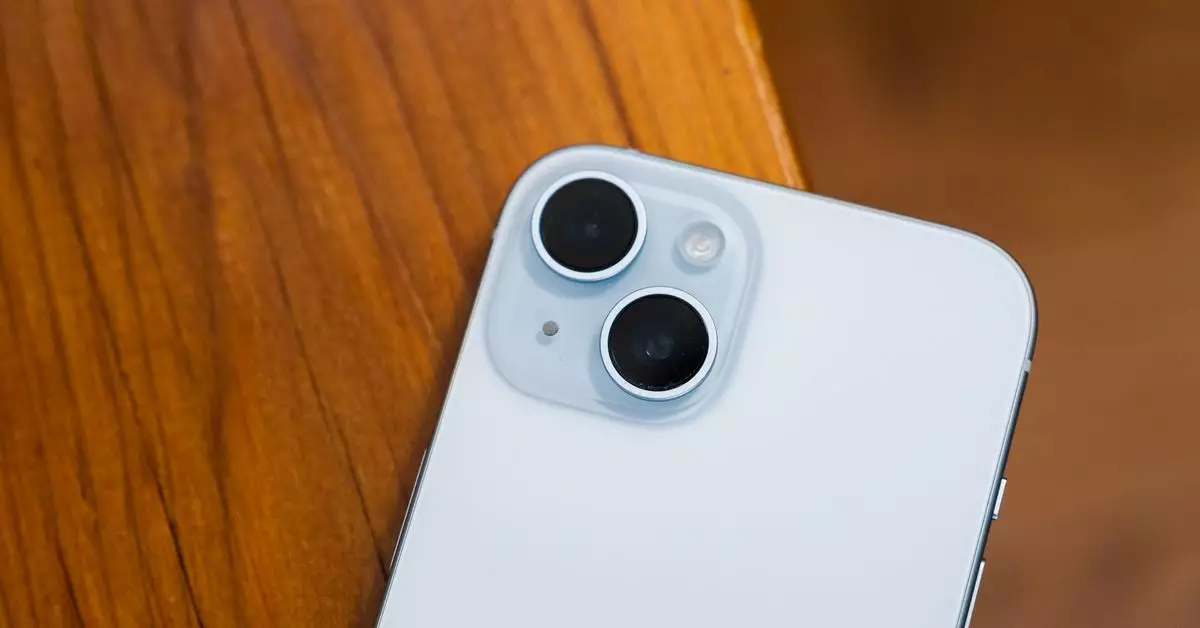In a world where technological advancements are constantly evolving, Apple has been at the forefront of innovation in the smartphone industry. With the release of new iPhone models every year, consumers are faced with a dilemma of whether to opt for the standard iPhone or invest in the more expensive Pro models. Allison Johnson, a seasoned tech reviewer, points out the disparity in features between the regular iPhone and its Pro counterpart, highlighting the need for Apple to level the playing field.
Johnson acknowledges the trend where Apple has reserved cutting-edge features for its Pro models, leaving the regular iPhone lagging behind. The introduction of the Bionic chipset exclusively for the Pro versions has raised concerns among consumers, as they fear being left out of future updates and advancements. The iPhone 15 Pro models’ eligibility for Apple Intelligence serves as a prime example of this divide, prompting calls for a more equitable distribution of features.
As rumors swirl about the upcoming iPhone 16 series, there is hope that Apple will bridge the gap between the regular and Pro models. Speculations suggest that all variants of the iPhone 16 will be equipped with the A18 chipset, potentially allowing for a more unified user experience. The addition of new buttons, such as the action button and capture button, to the regular iPhone signifies a step towards parity with the Pro models. However, the uncertainty surrounding the exclusivity of certain features raises questions about Apple’s commitment to inclusivity.
Despite the potential improvements in the iPhone 16 series, Johnson emphasizes the importance of addressing fundamental issues such as screen refresh rates. With competitors offering higher refresh rates at more affordable prices, Apple’s reluctance to upgrade to 120Hz displays appears out of touch with consumer expectations. The return of the Mini model is proposed as a way to cater to diverse consumer preferences and enhance the regular iPhone’s appeal.
As Apple prepares to unveil the iPhone 16 series, the tech community eagerly awaits to see whether the regular iPhone will finally receive the attention it deserves. Johnson’s critique serves as a reminder that innovation should not come at the cost of accessibility, and that Apple has a responsibility to cater to a diverse range of consumers. By addressing the disparities between the Pro and regular iPhone models, Apple can enhance its reputation as a provider of cutting-edge technology for all users. The evolution of the iPhone hinges on striking a balance between innovation and affordability, ultimately shaping the future of the smartphone industry.


Leave a Reply